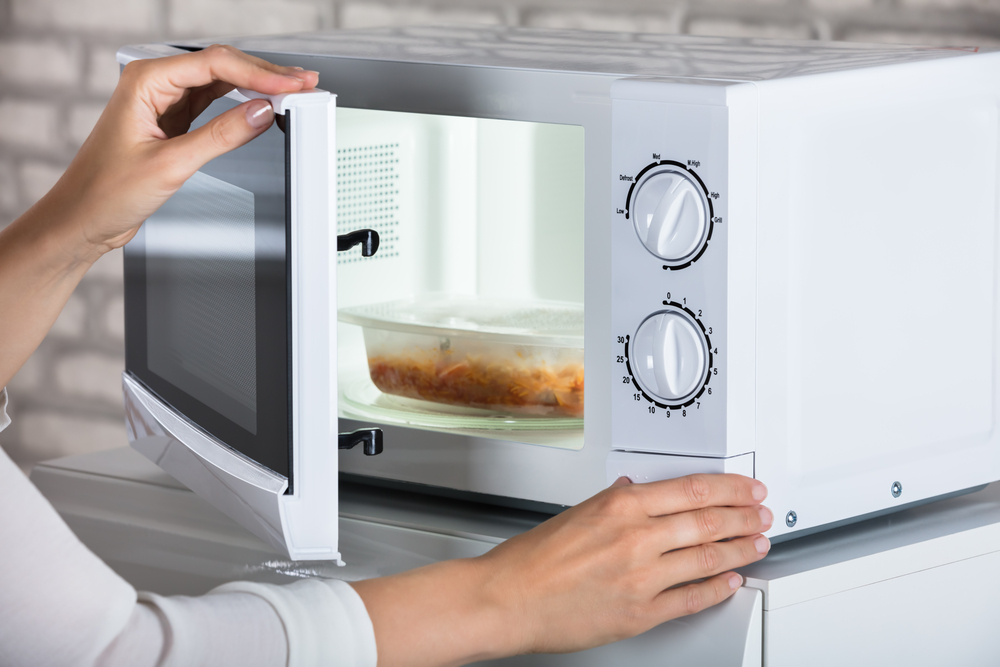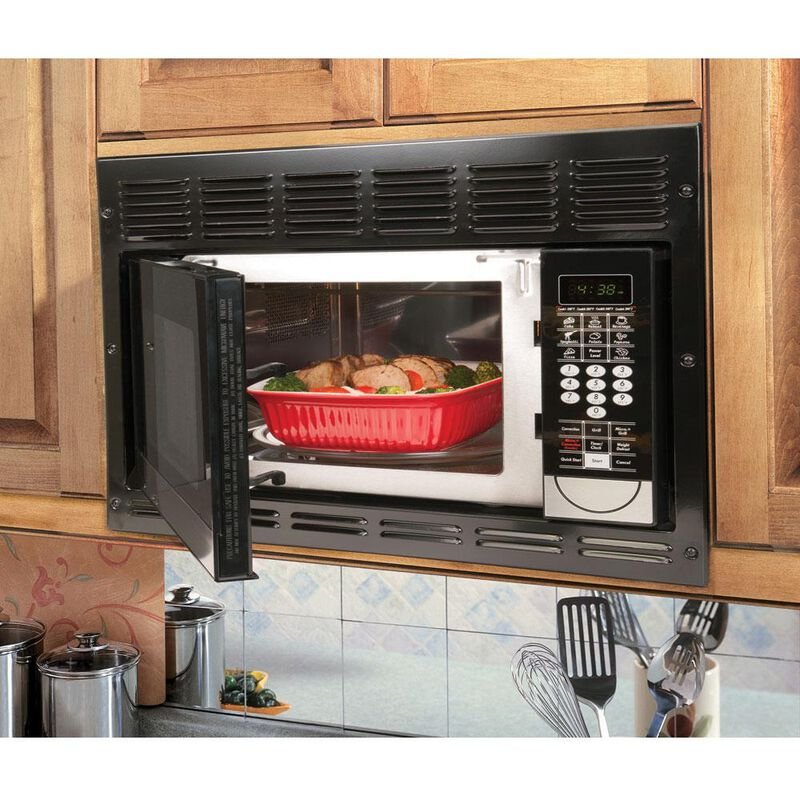Welcome to another article from TheKitchenApplianceDad.com, where we dive deep into the world of kitchen appliances and how they fit into our daily lives, especially for those of us who love the RV lifestyle. Today, we’re tackling a question that might have crossed the minds of many RV enthusiasts: can you actually use a domestic microwave in an RV? Let’s explore the possibilities, limitations, and tips for making a domestic microwave work on the road.
Before we get into the nuts and bolts of using a domestic microwave in your RV, it’s essential to understand the power requirements of these appliances. Most household microwaves operate on a standard 120-volt AC power supply and can draw anywhere between 600 to 1,200 watts, depending on the size and model.
RVs, however, have a more complex power system. They are typically equipped with a 12-volt DC battery system for off-grid power and may have a 120-volt AC system when connected to an external power source or generator. This means that running a domestic microwave in your RV is not as straightforward as plugging it into any outlet.

When your RV is hooked up to an external power source, such as an RV park’s electrical system, you’re in luck. Your RV’s electrical system should be able to handle the microwave just as if you were at home. However, you need to be aware of the RV park’s power limitations and ensure that your microwave’s wattage does not exceed what your RV’s circuit can handle.
For times when you’re not hooked up to an external power source, you might consider using an inverter. An inverter converts the 12-volt DC power from your RV’s batteries into 120-volt AC power. You’ll need a robust inverter to handle the high wattage of a microwave, and it’s crucial to calculate your power consumption accurately to avoid draining your batteries too quickly.
RVs are designed to maximize space efficiency, and every appliance needs to fit snugly into its designated area. Domestic microwaves come in various sizes, and it’s important to measure the space where you plan to place the microwave in your RV. The dimensions of the microwave should allow for easy access, usage, and storage without impeding movement or other functions within the RV.
Heat and steam are byproducts of microwave use, and in the confined space of an RV, proper ventilation is even more important than in a traditional kitchen. Ensure that the chosen location for your microwave allows for adequate air circulation to prevent overheating and condensation buildup, which could lead to mold or damage to your RV’s interior.
Safety should always be a top priority when operating any appliance in an RV. Here are some key safety tips:
If you’re not convinced that a domestic microwave is suitable for your RV, consider RV-specific microwaves. These appliances are designed with the unique needs of an RV in mind, including:
You can find RV-specific microwaves online or at RV accessory stores, such as Camping World or RV Parts Country.
If you decide to go ahead with a domestic microwave, here are some tips to help ensure a seamless experience:
Here’s a quick recap ofthe points covered in this article about using a domestic microwave in your RV:
In conclusion, using a domestic microwave in your RV is possible, but it does come with considerations that are unique to the RV lifestyle. By understanding and respecting the limitations of your RV’s power system, ensuring proper installation, and practicing safe usage, you can enjoy the convenience of a microwave while exploring the open road. Remember to visit us at TheKitchenApplianceDad.com for more insights and advice on all things related to kitchen appliances and how they can enhance your life, at home or on the go. Safe travels and happy cooking!

